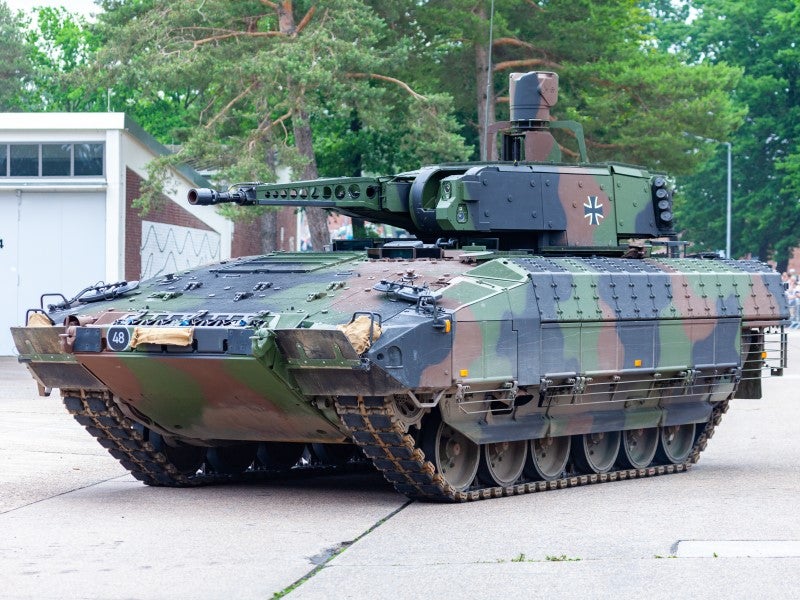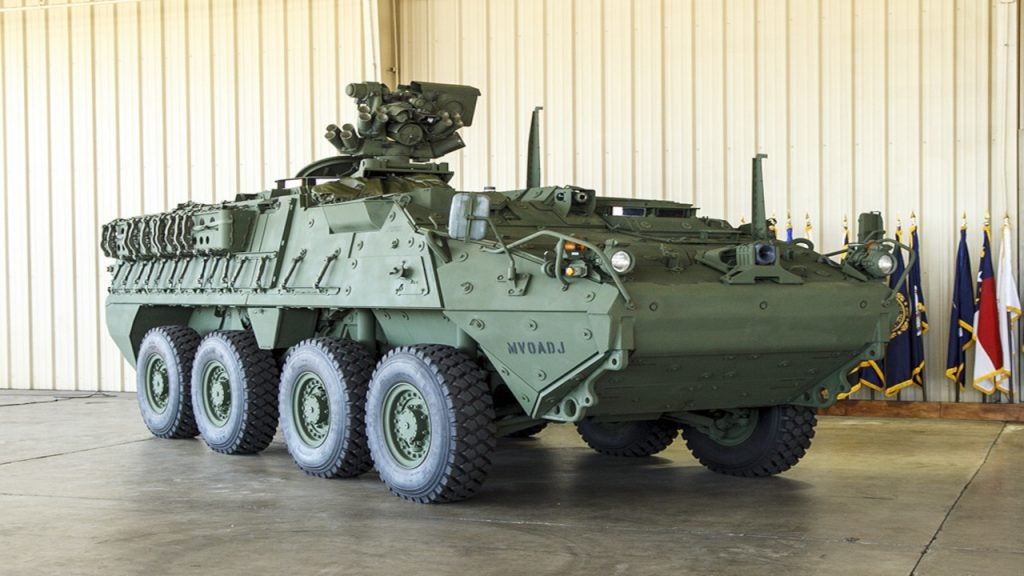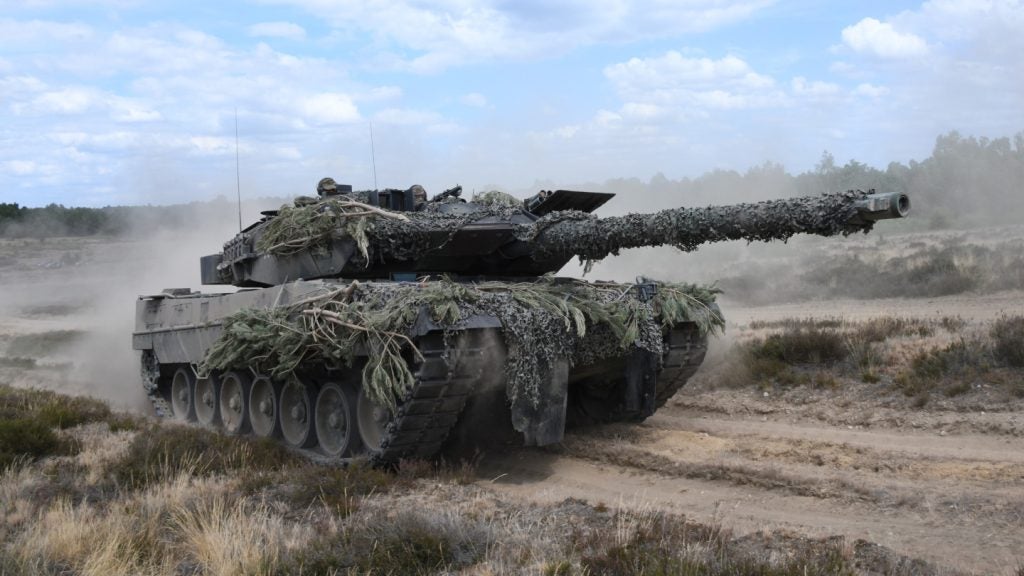The German Armed Forces (the Bundeswehr) are severely short-staffed and undermanned in military, civilian, low and high-ranking roles. At the end of 2020, government figures showed that 18% of positions above junior rank across the Bundeswehr were vacant, demonstrating the scale of the issue at hand. In some factions of the military, the numbers are even worse: less than half of the jet pilot positions are filled. Military recruitment is not an issue that is confined to Germany, with many nations struggling to fill posts. This piece will examine the cause of these issues, the strategies employed by Germany to rectify the problem across military and civilian divisions, as well as the potential impact that the recent increase in defence spending will have on German military recruitment.
Like many other parts of the German military, the recruitment process can be stagnant and overly bureaucratic. Applications are lost, trapped between departmental discrepancies and eventually processed sometimes up to a year after submission. The BAAINBw (the German Defense Procurement Agency) is an example of where intense bureaucracy has been blamed for causing systemic failures that have resulted in up to 10% of the acquisition budget being unspent in some years. Add to this, the high number of vacancies in the department and a clear picture is formed of the issues faced by the Bundeswehr. The historic strength of the German economy has resulted in fewer people looking to join the Armed Forces in the lower ranks. This is due to the higher availability of jobs outside of the Armed Forces, fewer people look to the Bundeswehr as a place to learn a trade or seek employment.
Prior to the unfolding war in Ukraine, there had been several initiatives launched by the Bundeswehr to try to encourage applications to the service, some directly aimed at fixing issues in the recruitment process itself, whilst others incentivised a military career. Some of these grabbed headlines, such as the decision to form a Homeland Security Force where new recruits would be promised they would not be deployed abroad. The idea of this initiative was to offer servicemen and women the opportunity to join the Armed Forces and take part in missions such as the Covid-19 response and disaster relief, without the prospect of overseas deployment. This specialist reservist force would therefore reduce the strain on regular forces and provide support within Germany when others are deployed abroad. Discussions had also taken place around letting non-citizens join the Bundeswehr, however, these did not come to fruition.
Financial incentives have been introduced to not only attract new recruits, but to also address ongoing retention issues due to low morale. Enlistment bonuses and personnel retention bonuses increase the financial competitiveness of Bundeswehr roles and provide a reason for personnel to stay, even in times of low morale. Retention bonuses are either paid in lump sums or instalments across 48 months and are given as a percentage of basic salary. On average Officers received €710 in monthly payments, whereas junior ranking soldiers received €458, with the resulting average reenlistment length being four years. The German military has had the most success in retaining junior ranking personnel under this initiative.
In a similar vein to the US and UK Armed Forces, Germany has had to rethink its recruitment advertising and marketing strategies. Germany has joined the uptake of social media to recruit young people. Rather than the controversial ‘snowflake’ British Army adverts or the US Army’s Gen Z focused memes and TikToks, the Bundeswehr runs a successful YouTube channel, alongside more traditional recruitment channels such as careers fairs. The decision to target younger potential recruits seems to have paid off. Since 2011, 17-year-olds have been able to join the Armed Forces, with this age group accounting for 7% of all recruits in 2019. The colossal budget increase announced earlier this year will provide the Bundeswehr with enough funds to drastically transform its readiness and capabilities. The budget will help Germany fund intensive recruitment pushes and should help to progress developments in the overall structure and operation of the Bundeswehr, besides the big-ticket platforms expected to be acquired. However, without a major turnaround in recruitment levels, the full potential of the new funds will not be realised. This will be true across all ranks and departments; new tanks cannot be procured without staff to process the acquisition and they cannot be driven without the soldiers to operate them.











Related Company Profiles
YouTube LLC
The British Army
UK Armed Forces